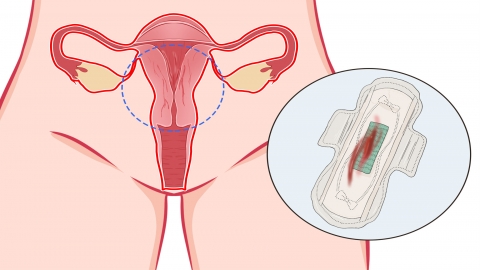How long can hormonal imbalance delay menstruation?
Generally, menstrual delays caused by endocrine disorders typically range from 7 days to 3 months. If abnormalities occur, timely medical consultation is recommended. Detailed analysis is as follows:

In cases of severe endocrine disorders with significant hormonal imbalances, menstrual delays may last longer, usually from 1 month to 3 months. In such situations, ovarian function is significantly affected, with persistent abnormal hormone secretion and disrupted endometrial proliferation and shedding cycles, requiring a longer time for menstrual regularity to resume.
In cases of mild endocrine disturbances with minimal hormonal fluctuations, menstrual delays are shorter, typically ranging from 7 days to 2 weeks. In these instances, the body's self-regulating capacity can gradually restore hormonal balance, allowing the endometrial growth cycle to return to normal and menstrual cycles to stabilize more quickly.
If menstruation is delayed beyond the normal cycle and no improvement is observed, timely hormone level testing is advised, along with adjustments to lifestyle habits and dietary patterns, and targeted treatment when necessary.




